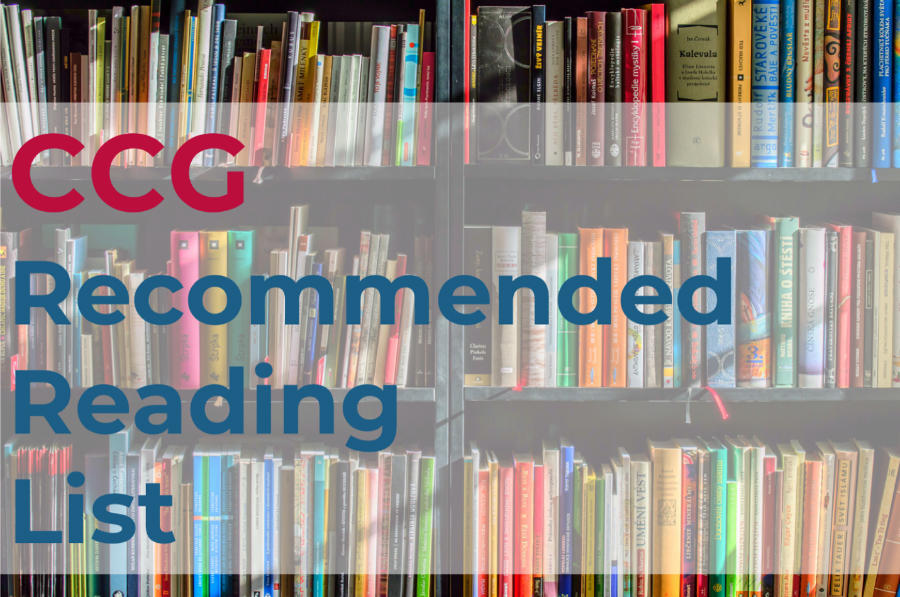Recommended Reads in Cancer Genomics
, by Center for Cancer Genomics Staff
Are you looking for some reading to curl up with during the winter cold? Here are some recommendations from CCG Director, Dr. Louis Staudt and The Cancer Genome Atlas Director, Dr. Jean Claude Zenklusen on the topic of cancer genomics.
Cancer Genomics Leisure Read:
Dr. Staudt: The Gene: An Intimate History by Siddhartha Mukherjee
After writing Pulitzer Prize winning The Emperor of All Maladies: A Biography of Cancer, research-oncologist Mukherjee thought he was finished, he had told his story. He then realized that there was a larger story to tell, a sort of prequel to Emperor, about the fundamental unit of inheritance. In The Gene: An Intimate History, Mukherjee weaves personal accounts of genetics through his family’s history of mental illness with the stories of other lives – scientists, doctors, eugenics theorists, and victims of genetic disorders and discrimination – that have been defined by the gene. While The Gene‘s account of the history of our scientific understanding of inheritance is a fascinating, the most poignant message in the book is the danger of attempting to enhance the human race using genetics. Mukherjee recounts the horrors and flaws of eugenics efforts throughout history, and warns that no matter our intentions, genes are neither truly good nor bad. A gene that makes a person more prone to mental illness may also make them more likely to paint a masterpiece or make a breakthrough discovery. Our differences are also our strengths.
Dr. Zenklusen: The Selfish Gene by Richard Dawkins
Published in 1976, this book proposes a gene-centric revision of Darwin’s classical theory of evolution. Though it was a very controversial book at the time, Dawkins’s arguments, predictions, and hypothesis have been proven right (for the most part) as genomics research came to age. Using stunning biological examples and well-researched arguments, Dawkins illustrates that individuals are utterly beholden to their genes, whose drive to survive and reproduce has more power over us than we would like to imagine. It’s an oldie, but a goodie. Truly enjoyable!
Cancer Genomics Academic Resource:
Dr. Staudt: “Lessons from the cancer genome,” by Levi A. Garraway and Eric S. Lander, published in Volume 153, Issue 1, of Cell.
By scientific leaders Garraway and Lander, this review of cancer genomics is the best summary of how far we have come in recent years and where we are going. The emergence of next-generation sequencing technology and new analytic tools led to an explosion of findings about all of the different ways that DNA alterations can lead to cancer, and ways to target these changes with new therapies. This article reviews the key discoveries and advances of cancer genomics from the identification of new cancer genes to novel mechanisms and patterns of tumorigenesis. But to echo Garraway and Lander, cancer genomics is still in its infancy. Only by following up on the initial discoveries summarized in their review with further research and functional validation can we realize our goals.
Dr. Zenklusen: Bioinformatics: A Practical Guide to the Analysis of Genes and Proteins by Andreas D. Baxevanis and B.F. Francis Ouellette.
This is a great book for people wanting to understand the basis of genomic data analysis written by two pioneers in the field (and good personal friends). Baxevanis and Ouellette’s guide combines the theoretical basis of bioinformatics with key aspects of its application, and makes this difficult subject approachable. No matter the area of genomics or proteomics research that interests you, I recommend this book for the gaining the basic know-how.
